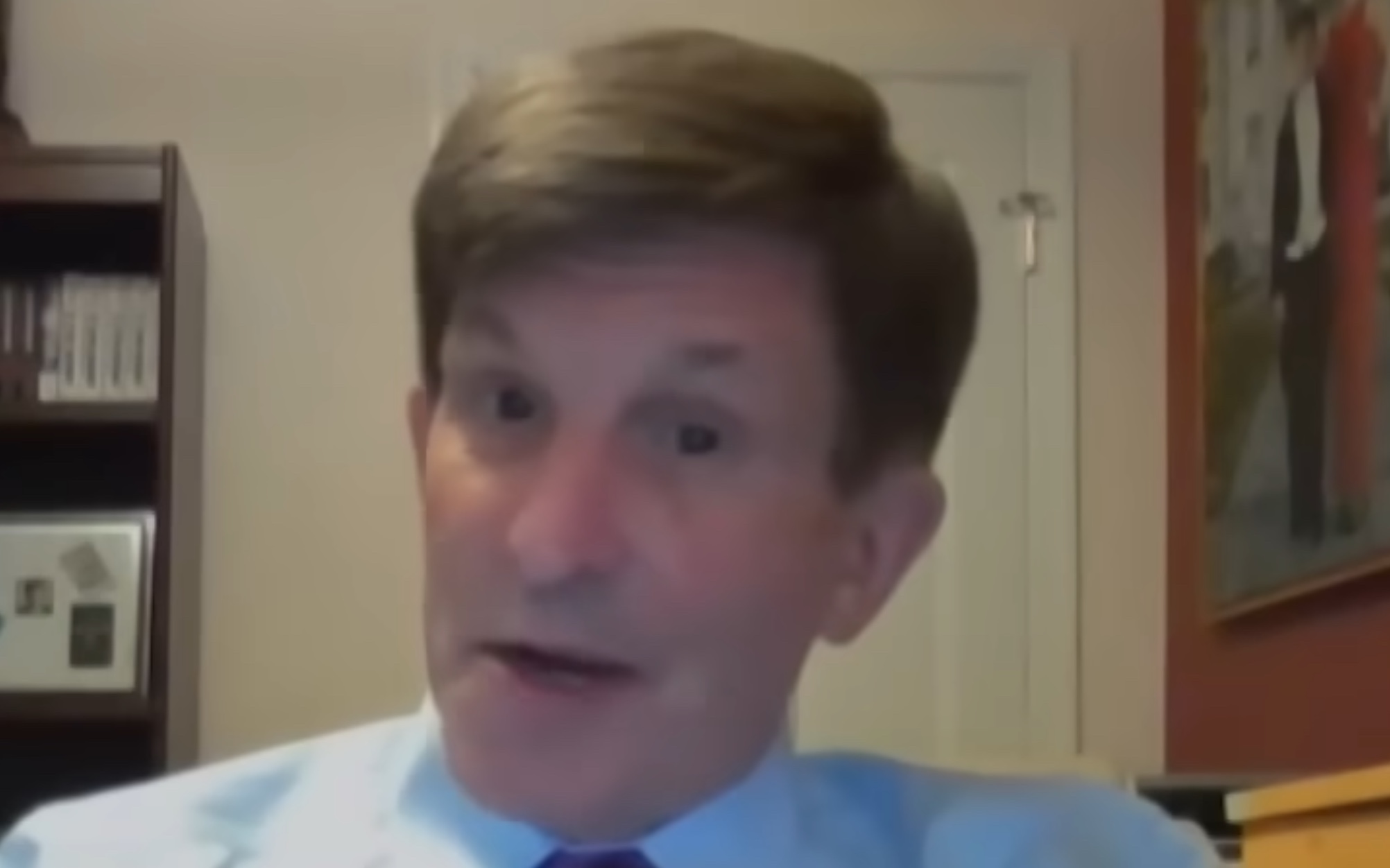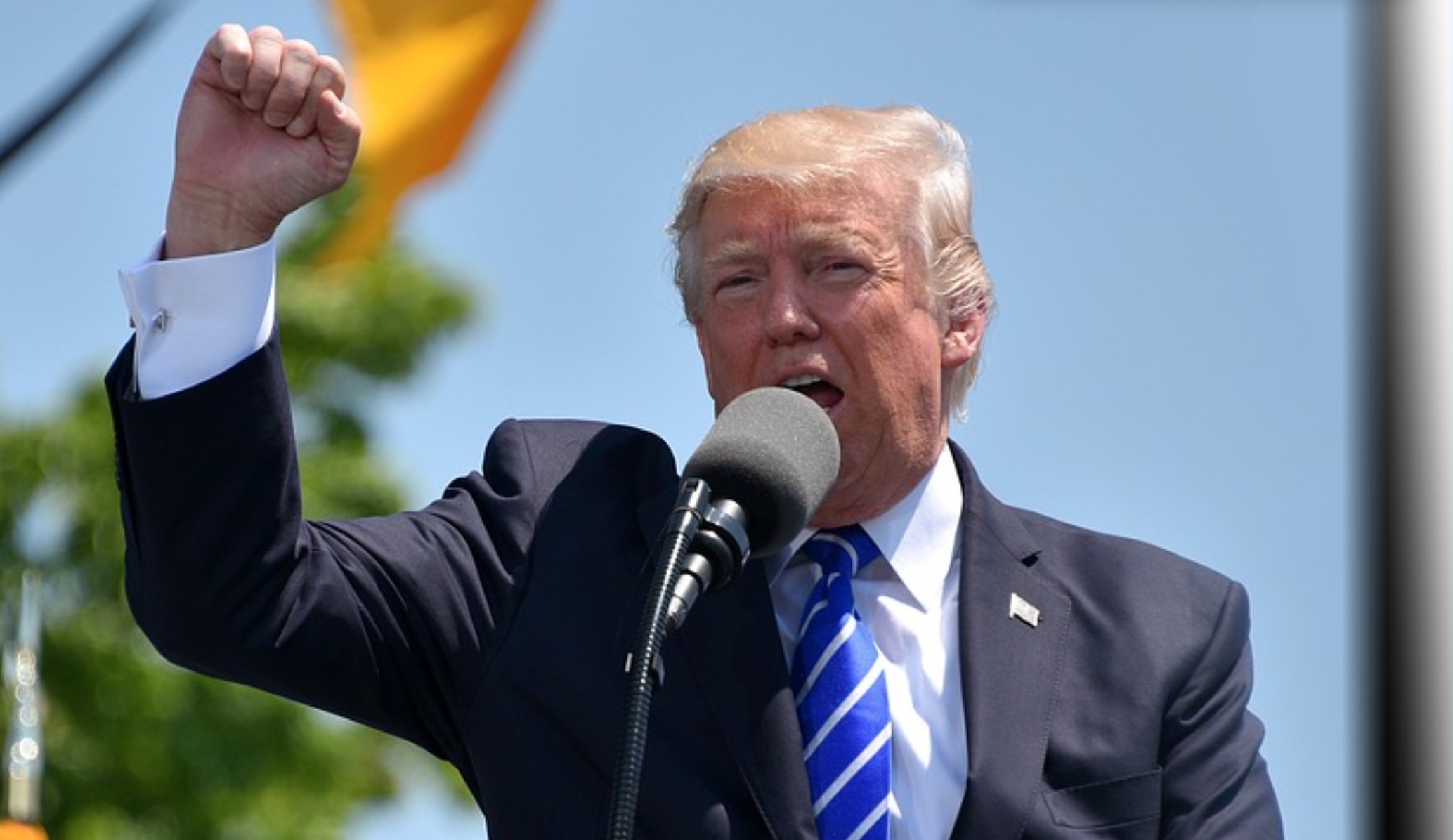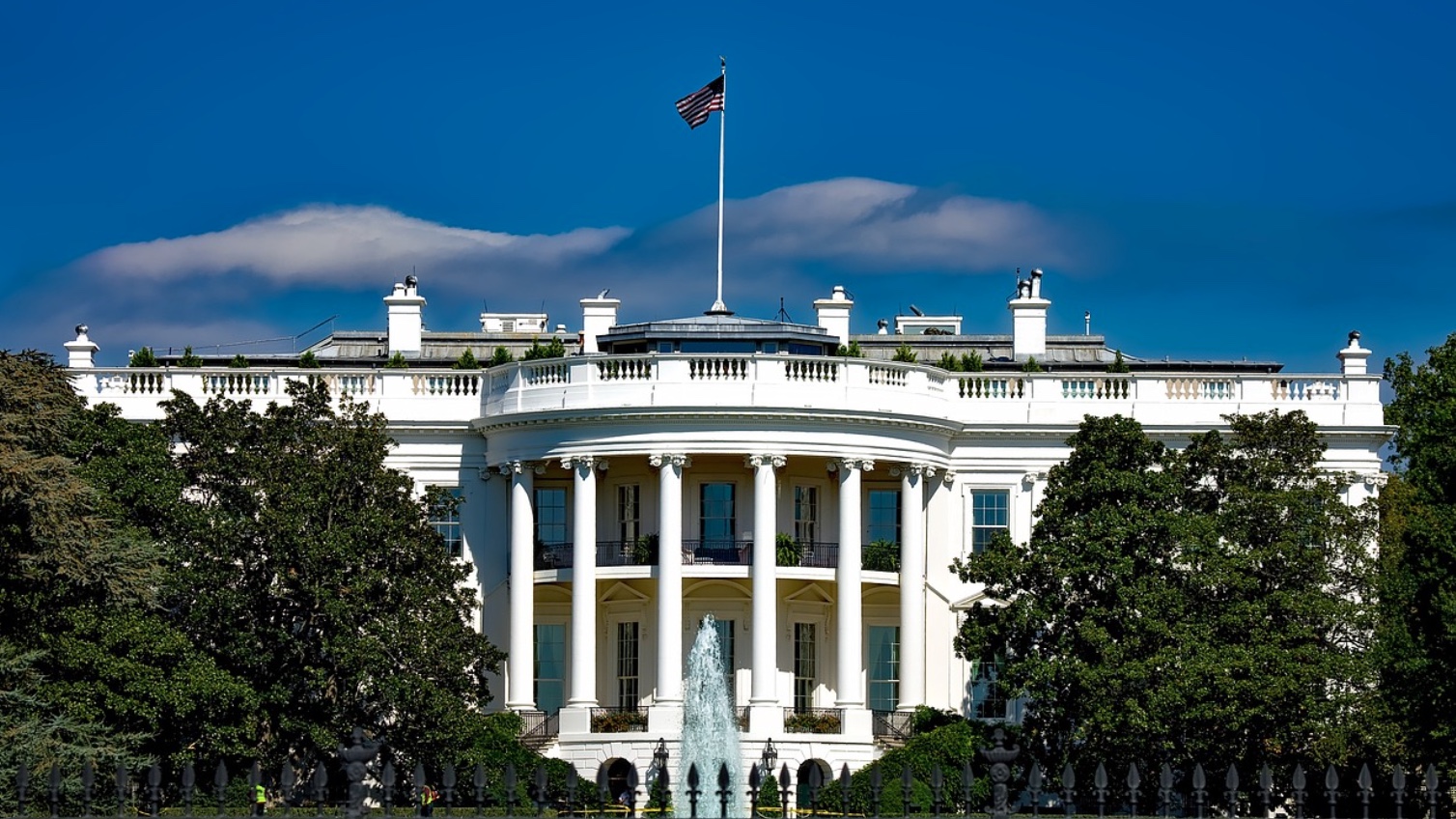
Allan Lichtman, a history professor at American University in Washington, D.C., has accurately forecasted the results of nine out of the last ten presidential elections since Ronald Reagan’s re-election in 1984.

Lichtman relies on science. More precisely, he utilizes the principles of plate tectonics in the context of American history and politics. In 1981, Lichtman collaborated with an earthquake expert from Moscow to establish the criteria for his forecasts. He employs 13 historical factors, referred to as “keys,” to assess presidential elections.

Among these factors, four are political, seven are performance-based, and two focus on the candidate’s personality. For the incumbent party to be defeated in the presidential race, they would need to fail in at least six of these key factors.

During a recent interview with USA Today, Lichtman discussed the origins of his methodology and shared his insights on the upcoming 2024 presidential race featuring the presumptive nominees from both parties: President Joe Biden and former President Donald Trump.

Growing up in a politically active family, he was immersed in discussions about politics at the dinner table.

His predictive model was created unexpectedly while he was a visiting distinguished scholar at the California Institute of Technology in 1981.

It was during this time that he had the opportunity to collaborate with Vladimir Keilis-Borok, a renowned expert in earthquake prediction and the head of the Institute of Pattern Recognition and Earthquake Prediction in Moscow.

Interestingly, Keilis-Borok had been part of the Soviet Scientific Delegation that negotiated the groundbreaking Nuclear Test Ban Treaty in Washington D.C. under JFK in 1963.

Keilis-Borok said, “In Washington, I fell in love with politics and always wanted to use the methods of earthquake prediction to predict elections.” But, he said, “I live in the Soviet Union – elections? Forget it. It’s the supreme leader or off with your head. But you, you’re an expert in American history and politics, together we can solve the problem.”

Taking this approach, they delved into every U.S. presidential election spanning from the era of horse-and-buggy politics, starting with Lincoln’s victory in 1860, up to Reagan’s win in 1980.

Trump himself acknowledged his foresight. In response to an article in The Washington Post detailing my prediction, Trump sent him a note that said, “Congrats Professor, good call.”

They became “The Odd Couple” in the realm of political research, reimagining presidential elections through the lens of earthquakes: stability representing the retention of power by the incumbent party, and earthquake symbolizing the party’s removal from the White House.

Leveraging Keilis-Borok’s mathematical pattern recognition method, they conducted a thorough analysis. This retrospective study led us to establish the “13 Keys to the White House,” a set of straightforward true-false inquiries aimed at predicting stability or upheaval, along with our six-key criteria that signal a potential shift in power away from the incumbent party.

Following his prediction of Trump’s win in the 2016 election, a forecast that was met with skepticism in the predominantly Democratic environment of Washington D.C. where he teaches.

As for his 2024 prediction, he intends to reveal it around August. Biden currently faces challenges in two key areas: the mandate key due to Democratic losses in the 2022 House elections, and the incumbent charisma key as Biden lacks the charisma of JFK.

Additionally, there are precarious keys to watch out for: 1. Third-party: The third-party candidate needs to secure at least 5% of the popular vote to win this key, and the current candidate, RFK Jr., has fluctuated in popularity. This key remains uncertain. 2. Social unrest: While initially in favor of the incumbent, recent campus protests have made this key uncertain. 3. Foreign policy success and failure: Given the ongoing uncertainties in the Middle East and Ukraine, both foreign policy keys are unstable.


bwoepbqrap
November 1, 2024 at 4:32 pm
Muchas gracias. ?Como puedo iniciar sesion?